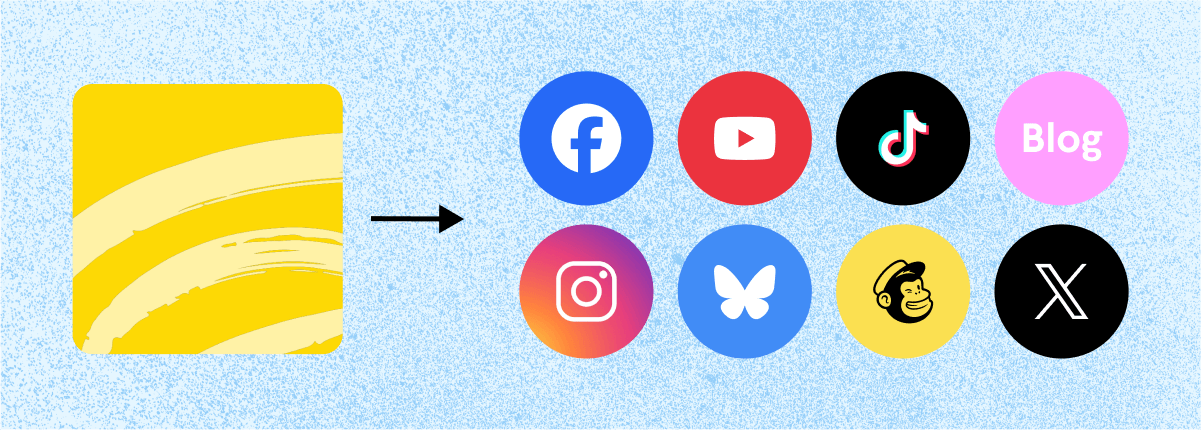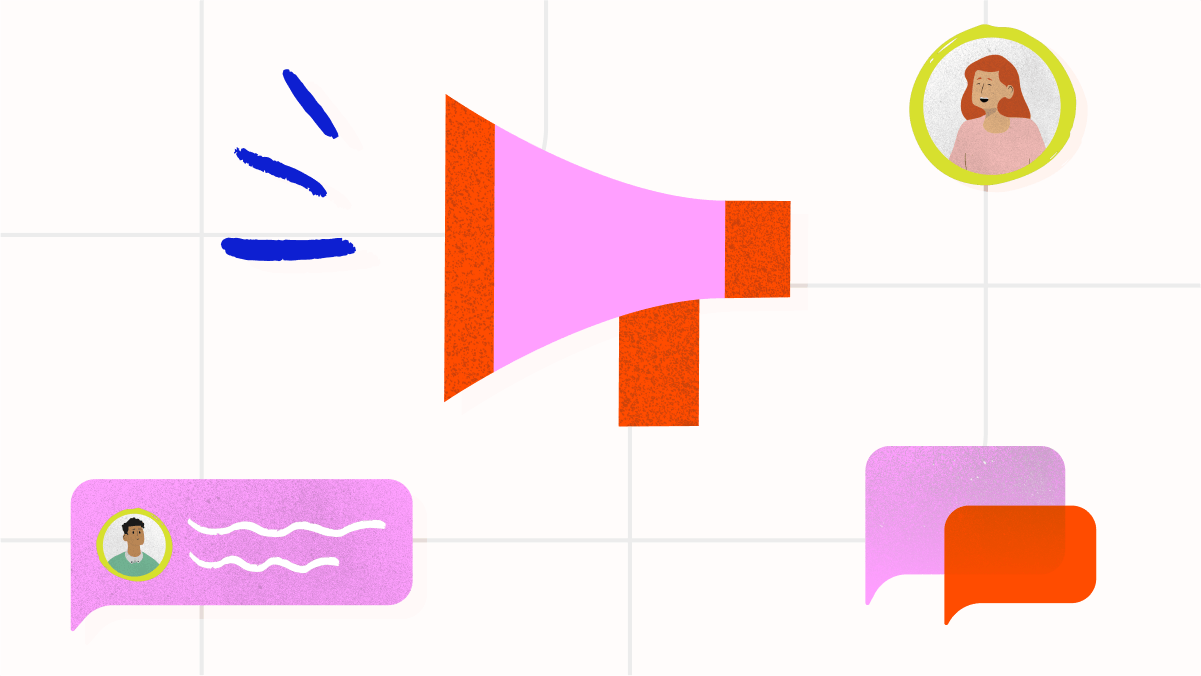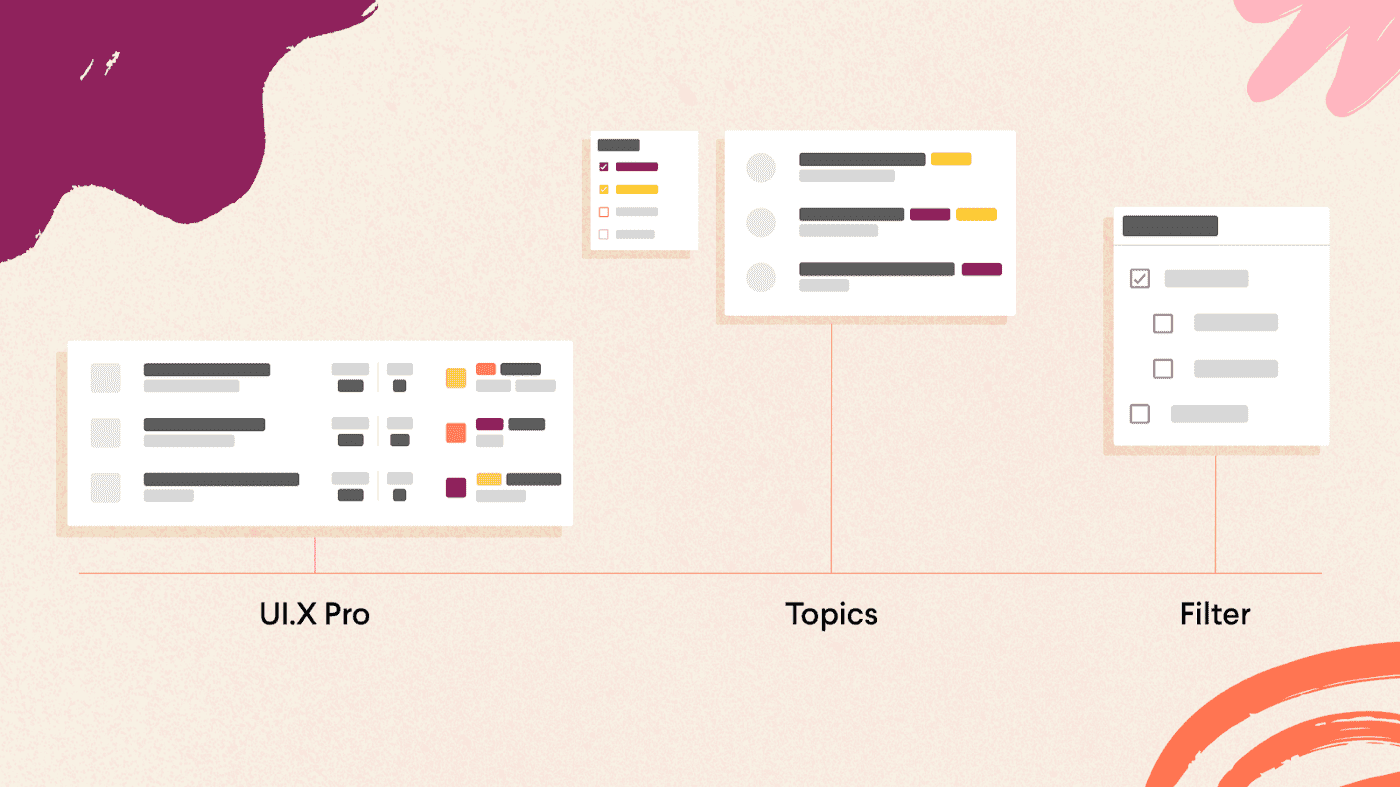Share This Article
Traditional advertising is losing its edge. Banner ads get blocked. Social media feeds feel cluttered. And consumers are increasingly skeptical of brands that interrupt their day with promotional messages.
Here’s what marketing executives are discovering: The most cost-effective customer acquisition isn’t happening through paid ads, it’s happening through communities where customers become your sales team.
The Numbers Tell the Story:
- Customer Acquisition Cost (CAC): Community-driven referrals cost 5x less than paid advertising
- Customer Lifetime Value (CLV): Community members spend 19% more and stay 3x longer
- Support Costs: Peer-to-peer support reduces ticket volume by up to 40%
- Brand Advocacy: 92% of consumers trust recommendations from community members over traditional ads
Bottom Line: While your competitors are paying more for diminishing returns on traditional marketing channels, community marketing turns your customers into your most effective marketing asset, at a fraction of the cost.
The brands winning customer loyalty aren’t the ones with the biggest ad budgets, they’re the ones building spaces where their audience wants to spend time, learn, and connect with others who share their interests.

Why Community Marketing Works
Most marketing operates on a simple premise: broadcast your message to as many people as possible and hope some of them convert. But real relationships don’t work that way. And neither does lasting brand loyalty.
Community marketing flips the script. Instead of interrupting potential customers, you’re creating value. Instead of talking at people, you’re facilitating conversations between them. Instead of positioning your brand as the center of attention, you’re making your customers the stars.
This approach works because it addresses something deeper than product features or pricing, it taps into the human need to belong and connect with others who share similar challenges, interests, or goals.
What That Means for Your Business:
- Authentic Authority: Rather than claiming expertise, you demonstrate it through consistent value delivery
- Deeper Relationships: Two-way conversations create emotional connections that translate to loyalty
- Organic Advocacy: Satisfied community members become your most effective marketers
- Better Intelligence: Direct access to customer feedback, needs, and market trends
- Sustainable Growth: Word-of-mouth marketing that compounds over time
Which Companies Benefit Most
Not every business model is suited for community marketing. But certain types of companies see exceptional results when they get it right.
Niche Hobby and Interest Brands often see the strongest engagement because they serve passionate enthusiasts. Whether it’s specialty coffee roasters, tabletop gaming companies, or outdoor gear manufacturers, brands serving dedicated hobbyists can build incredibly loyal communities around shared expertise.
Technology and Software Companies thrive because their users need ongoing support and education. SaaS platforms, developer tools, and gaming companies excel here because their products have learning curves and evolving features. Communities become places where users share tips, troubleshoot issues, and learn from power users.
Creative and Maker Brands naturally attract engaged communities. Art supply companies, crafting brands, music equipment manufacturers, and DIY tool makers benefit because their customers love sharing projects and techniques. Communities become galleries and workshops where creativity gets showcased.
Fitness and Wellness Companies leverage communities for motivation and accountability. The personal nature of health journeys makes peer support particularly valuable. These spaces become support systems where customers share progress and encourage each other’s goals.
Education and Learning Platforms use communities to extend the classroom experience. Online course creators and skill-building platforms benefit because learning is inherently social. Students value peer interaction and collaborative problem-solving that continues beyond formal lessons.
B2B Service Companies in consulting, marketing, and professional services use communities to demonstrate expertise and build relationships with potential clients. These communities focus on industry education and thought leadership rather than direct promotion.

Choosing the Right Platform
The success of your community marketing depends heavily on choosing the right platform. Each option serves different audiences and interaction styles.
Discord: Real-Time Connection
Discord excels at creating intimate, real-time interactions with younger demographics. Originally built for gamers, it’s expanded to serve communities that value immediate communication and casual interaction.
Gaming companies, tech startups, and creative brands find success here because Discord supports voice chat, screen sharing, and creates a social atmosphere that feels more like hanging out than formal business interaction.
What Discord Does Best:
- Tight-knit communities around specific products
- Real-time problem-solving and collaboration
- Casual, social atmosphere that builds relationships
- Multi-media sharing and interaction
Reddit: Massive Reach with Authentic Engagement
Reddit’s subreddits offer access to the platform’s massive user base while maintaining focused discussions. It works well for brands that can provide genuine value through educational content, AMAs, or industry insights.
But Reddit users are notably skeptical of overt marketing. Success here requires a subtle, value-first approach where you become a valuable community member first and a brand representative second.
What Reddit Does Best:
- Reaching new audiences through organic discovery
- Building authority through expertise sharing
- Generating discussion around industry topics
- Authentic peer-to-peer recommendations
Self-Hosted Forums: Complete Control
Self-hosted forums suit companies that want complete control over their community experience and data. This approach works best for established brands with dedicated customer bases willing to create accounts on a company-specific platform.
Software companies, professional service firms, and brands with complex products often choose this route because they can integrate forums with existing systems and maintain consistent branding.
What Self-Hosted Forums Do Best:
- Complete ownership of community data
- Integration with existing business systems
- Consistent branding and user experience
- Long-term knowledge base development
Facebook Groups: Broad Appeal
Facebook Groups remain effective for companies targeting older demographics or family-oriented industries. Local businesses, parenting brands, and lifestyle companies find success here because Facebook’s user base skews older and facilitates easy sharing among connected people.
The platform’s robust search functionality and established user behavior around group participation make it ideal for brands seeking to reach audiences already comfortable with Facebook’s social dynamics.
What Facebook Groups Do Best:
- Reaching established, older demographics
- Local community building and engagement
- Easy content sharing among connected networks
- Leveraging existing social relationships for growth

Strategic Platform Selection
The most successful approach often involves starting with one platform that matches your audience’s preferences, then expanding once you’ve proven the concept and have resources to manage multiple channels.
High-touch, complex products like enterprise software benefit from self-hosted forums where detailed technical discussions can be easily searched later. Consumer brands with visual products might combine Instagram with Discord for real-time chat. Service-based businesses often succeed on LinkedIn for professional networking combined with forums for deeper client relationships.
Emerging brands with limited resources might start with Reddit or Discord to test community interest before investing in self-hosted solutions.
Making It Work
Successful community marketing requires patience and consistent commitment to value creation over short-term sales focus. The most effective brand communities prioritize helping members achieve their goals, whether that’s learning new skills, solving problems, or connecting with like-minded individuals.
This approach takes time. Communities don’t grow overnight, and marketing benefits often take months or years to fully materialize. But the relationships and trust built through authentic community engagement create competitive advantages that are difficult to replicate.
The brands that succeed understand they’re not just creating another marketing channel, they’re building ecosystems where customers become advocates, support becomes peer-to-peer, and marketing becomes relationship-building.
Ready to Build Your Community Strategy?
Whether you’re looking to grow an existing community or start using online communities as a marketing tool for the first time, success depends on having the right strategy and execution.
We understand that successful community marketing requires a holistic approach. That’s why we offer end-to-end community ecosystem management, whether you’re focused on a single platform or managing communities across multiple channels.
Ready to turn your customers into your most powerful marketing asset? Let’s build a community that drives real business results.


